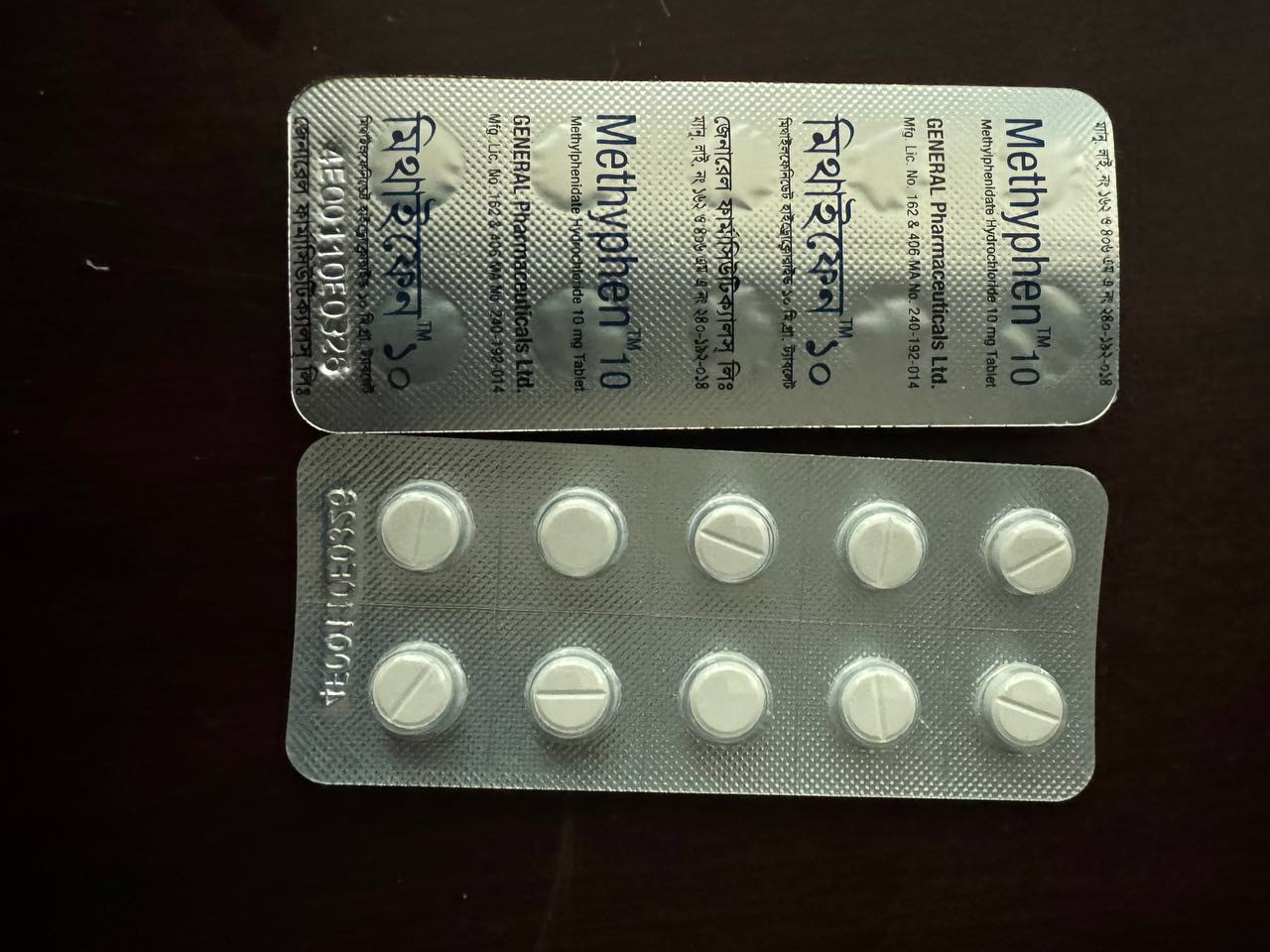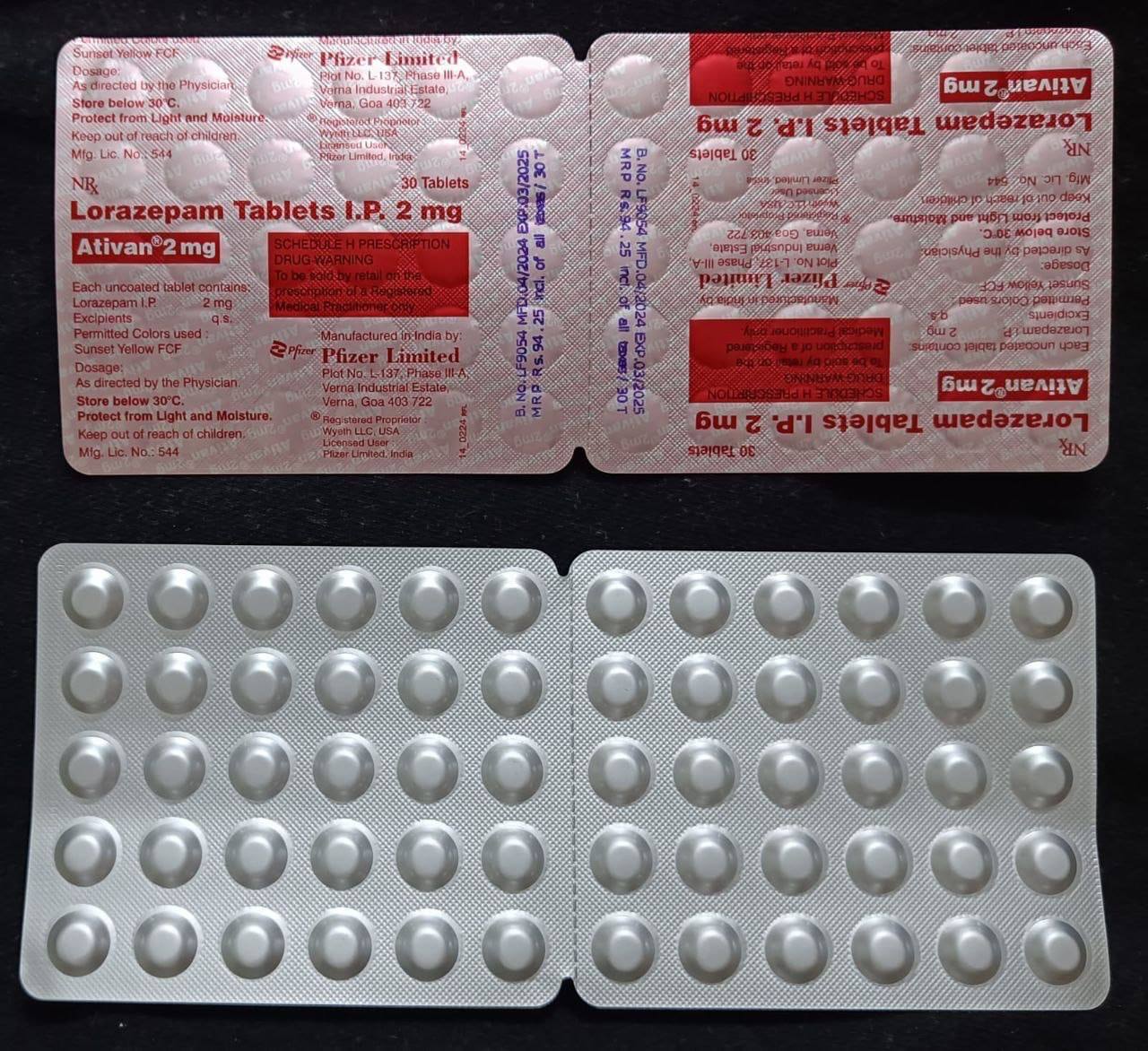$245.00 – $425.00Price range: $245.00 through $425.00
Clonazepam 2 mg tablet is a medication that’s used for treating panic attacks, anxiety disorders as well as specific types of seizures. It is part of the class of drugs known as benzodiazepine, which helps to calm the nervous system as well as the brain. Clonazepam is renowned for its anti-anxiety and sedative effects. It is recommended that only use it under the direction of a physician to avoid dependence and adverse consequences.
Clonazepam 2mg is primarily used to treat:
Clonazepam 2mg offers several benefits, including:
Clonazepam 2mg can cause various side effects, including:
Clonazepam 2 mg works by increasing the activity of gamma-aminobutyric acids (GABA), a neuareaneurotransmittersbrain that reduces the brreducectivities. In addition, by enhancing GABA’s relaxing effects, it helps to mitigate overactive neural activity, which can result in panic, anxiety attacks, and seizures. Also, it is the ability to relax muscles. This creates a calming effect on the nervous system, relaxing and decreasing anxiety, as well as helping to prevent panic attacks and seizures. The sedative effects of the medication are effective in treating problems related to excessive stimulation in the brain.
The recommended dosage for Clonazepam 2mg depends on your needs and conditions. The following is a guideline:
Here’s how to properly use Clonazepam 2mg:
Here are some safety precautions to consider when using Clonazepam 2mg Tablet:
Medical history: Tell your physician if you are a victim of kidney or liver diseases, issues, depression, or abuse of drugs.
If you miss a dose of Clonazepam 2mg, follow these steps:
A high dosage of Clonazepam could be risky. The signs of an overdose could be:
Try making an emergency call or going to the closest hospital for immediate medical attention.
Beware of waiting until symptoms begin to appear, as an overdose could be fatal.
Both Clonazepam as well as Lorazepam can be benzodiazepines, which are prescribed to treat anxiety as well as related disorders. However, their applications, duration of action, and results differ significantly. This comparison will help you discern their distinctions:
The 1mg dose of Clonazepam isn’t considered high, but it is recommended for moderate cases. In cases of anxiety and panic disorder, the initial dosages typically range between 0.25mg up to 0.5mg, gradually adjusted depending on the individual’s needs. 1mg dose could be suitable for patients with greater tolerance or more serious signs.
Clonazepam 2mg is a highly effective treatment for anxiety, panic disorder, and seizures if used as directed. But, overdose or misuse may cause severe adverse side effects like breathing problems, drowsiness as well as coordination issues. Be sure to follow the prescribed dosage and seek advice from medical professionals. If you do not take your prescribed dose or think you may have overdosed and require medical attention, get it checked out immediately. Continuous monitoring and responsible use are essential for ensuring safety and efficacy.
The effects of clonazepam typically last between 6 and 12 hours, based on factors such as dosage, metabolism, and individual health. The time frame may differ for managing seizures. However, when used as directed, it will relieve symptoms for a long time.
Clonazepam remains in the body for approximately 5 days, but this can differ. The half-life of the drug ranges from the 18-to-50 hours, which means that it is detectable in urine, blood as well as hair tests, even after stopping treatment.
One of the most frequently reported side effects of clonazepam is sleepiness. This could affect your daily routine, mainly when performing activities requiring concentration, like driving or working with machinery.
Clonazepam 1mg tablets are usually blue. However, the specific color could differ depending on the brand. Always read the label carefully or seek the advice of a physician to ensure the medicine.
Clonazepam affects the brain and the central nervous system, affecting neurotransmitter activities. The long-term use of the drug can affect liver function since the liver is the organ that metabolizes the drug.
Clonazepam is generally used at night to combat symptoms of seizures or anxiety and also to reduce drowsiness during the day. Take care to follow the advice of your physician for the most effective performance.
Duloxetine is a combination drug that can be used along with clonazepam in strict medical surveillance. Both medicines influence your central nervous system, and when combined, they can raise the likelihood of experiencing side symptoms like drowsiness, dizziness, and difficulty concentrating.
Yes, it begins to work within 30-60 minutes of taking it. It can provide quick relief from the symptoms of anxiety or seizures. This makes it an ideal choice for those suffering from emergency conditions.
| Quantity | 30, 60, 90, 180 |
|---|




Reviews
There are no reviews yet.